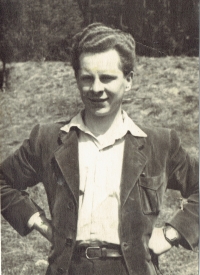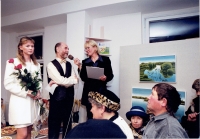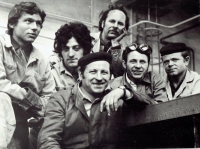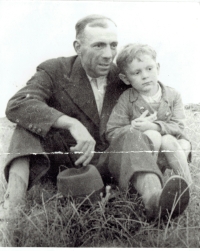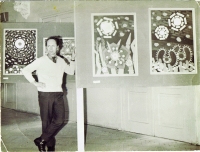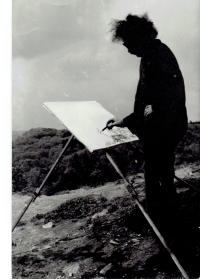Don’t resist, it’s futile. Your destiny is set
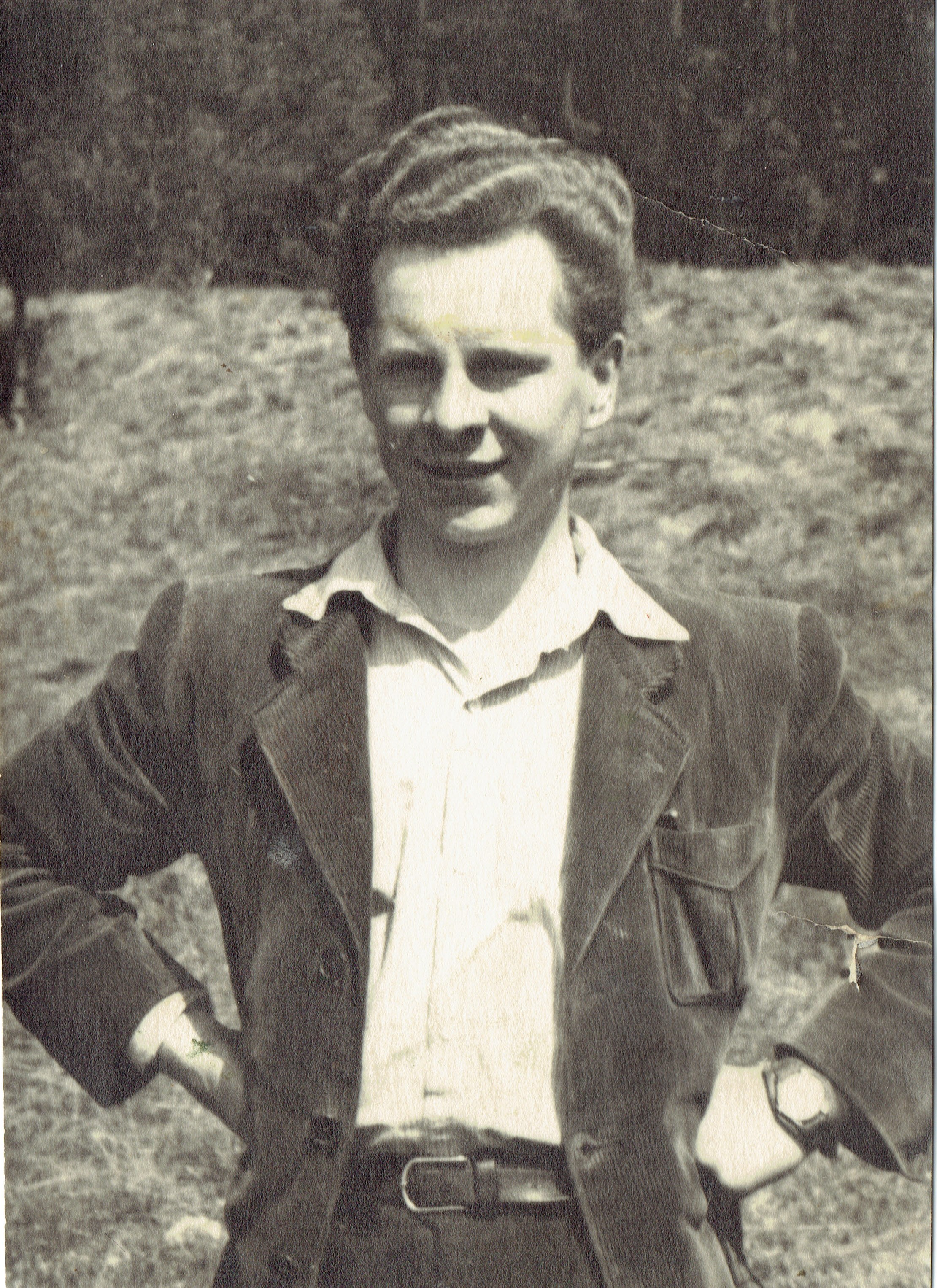
Download image
Antonín Vojtek was born on 10 January 1934 in Horní Bojanovice, where he lived through the Second World War. He knew from childhood that he wanted to become a painter. After graduating from secondary school in 1952, he applied to the Academy of Fine Arts, but was not accepted. Instead, he took a teaching course and became a village teacher in western Bohemia, where he was sent to build communism. At that time he also joined the Communist Party. He surrendered his party membership in response to the invasion of Czechoslovakia by Warsaw Pact troops. As a result, he was expelled from education and worked in mostly blue-collar jobs. In the early 1970s, he became vice-president of the Konfese art group. His success was brought about by an invitation from the Fine Arts Fund to depict the landscape of South Moravia, which was to disappear at the bottom of the future Nové Mlýny dam. Antonín Vojtek became a success, his works were also of interest to art lovers in the West. This was also the reason why he came into the crosshairs of State Security as a person under investigation. From the late 1970s he worked as a freelance painter, and in 1985 he became a member of the Union of Czechoslovak Artists. In 2023 he was living in Břeclav and continued to work as an artist.


